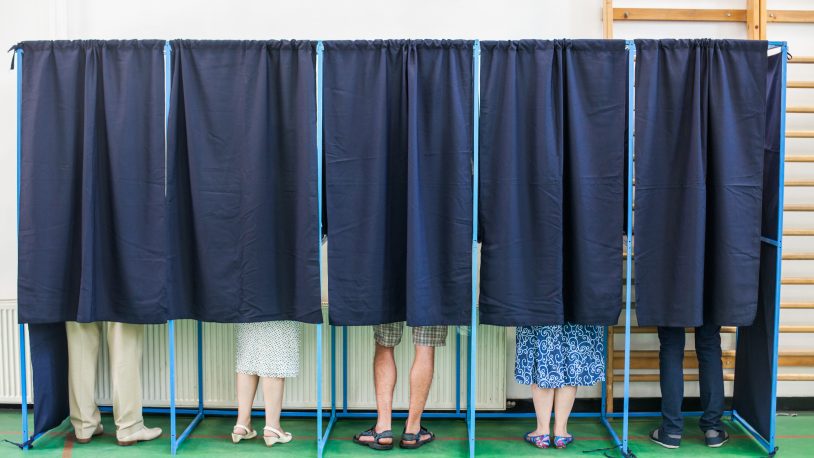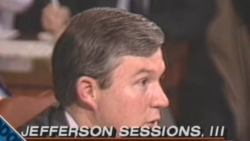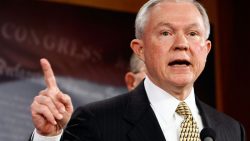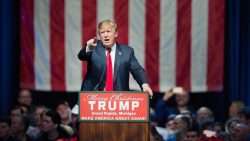President Trump announced on Twitter this morning that he “will be asking for a major investigation into VOTER FRAUD, including those registered to vote in two states, those who are illegal and… even, those registered to vote who are dead (and many for a long time). Depending on results, we will strengthen up voting procedures!”
People who are registered in multiple states and deceased people who are still on voter rolls are not examples of voter fraud. Instead, they are the result of outdated voter rolls. If someone moves over state lines and re-registers in their new home, they sometimes remain registered in two states; it’s not fraud unless they actually vote in both states. (For example, Trump’s top White House adviser Steve Bannon is registered to vote in two states.) Similarly, someone remaining on the voter rolls after they have died does not constitute fraud unless someone else fraudulently votes under their name. There’s a reason it often takes time to accurately update voter rolls: flawed purges of people believed to have died or moved can sometimes result in many current, legitimate voters losing their registrations.
While it’s unclear what Trump means by “those who are illegal,” he may be referring to undocumented immigrants taking a huge risk to vote unlawfully, something that he’s warned of before. Shortly before the election, Trump alleged, with no evidence, that “illegal immigrants are voting all over the country.” Just this week, Trump reportedly told members of Congress that a staggering 3-5 million “illegals” voting for Hillary Clinton cost him the popular vote.
While it is illegal for an undocumented immigrant, or any noncitizen, to cast a ballot, there is no evidence that such fraud is taking place on any sort of large scale. The conservative activist who made waves in the right-wing media when he first introduced the 3 million figure has said he will not release evidence to substantiate his allegation for the time being.
By conflating actual voter fraud with defects in voter rolls, Trump is using a strategy that has long been popular among those who hype the nonexistent problem of widespread voter fraud in order to promote policies that make it harder to vote. If Trump investigates out-of-date voter rolls, he’s sure to find what he’s looking for. He says he’ll then equate that with actual fraud and use it to “strengthen up voting procedures,” making it harder for eligible voters, especially those with limited resources, to vote.
There’s a reason Trump is padding his intended investigation to include activities that aren’t actually fraudulent: When the Bush administration spent five years desperately trying to find voter fraud in federal elections, it found “virtually no evidence” that any sort of widespread fraud was taking place. More recently, Trump’s own lawyers, pushing back against a recount effort led by Green Party candidate Jill Stein, insisted “All available evidence suggests that the 2016 general election was not tainted by fraud or mistake.”
Trump’s Justice Department has already signaled that it will dial down the Obama administration’s aggressive enforcement of voting rights laws. Trump’s pick to be attorney general, Alabama Sen. Jeff Sessions, has been no friend to voting rights, celebrating when the Supreme Court gutted the landmark Voting Rights Act.
Advocates of more restrictive voting laws have long wanted the Justice Department to chase the mythical problem of widespread voting fraud rather than the very real problem of voter suppression. Several have admitted outright that the goal of this is to make it harder for racial minorities and Democratic-leaning voters to cast ballots. In Trump, it seems, they have a willing ally.








